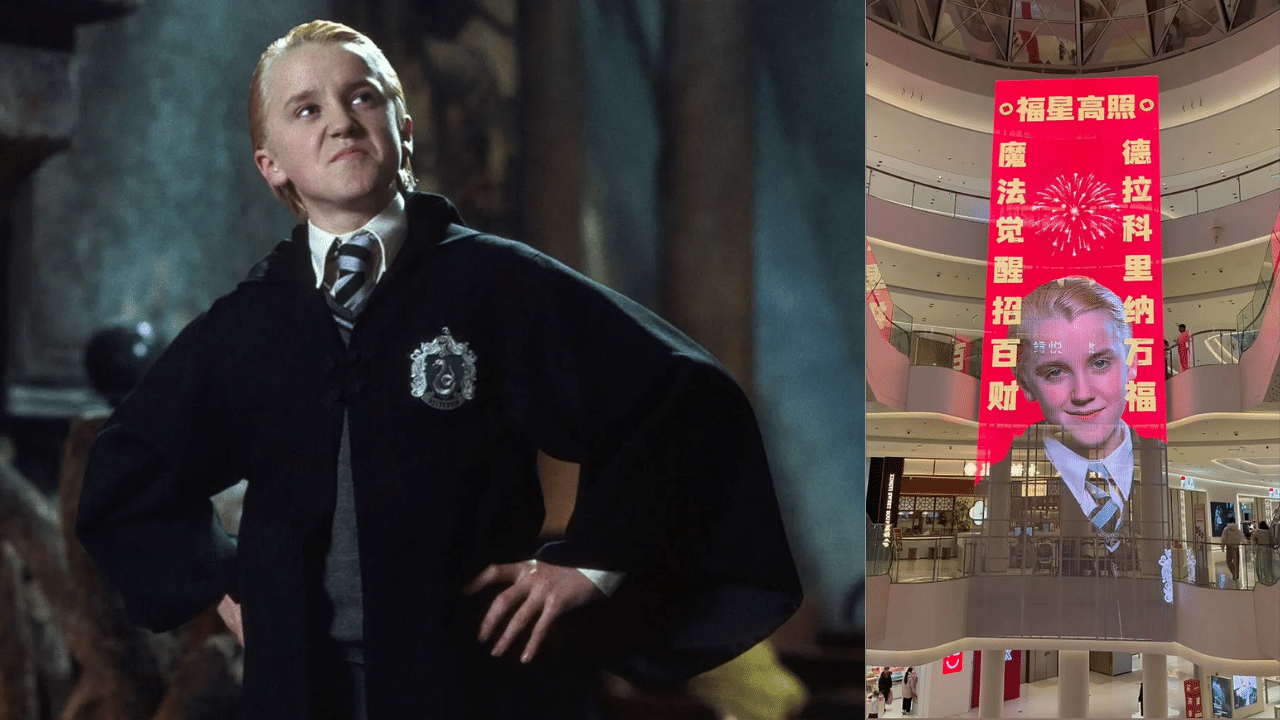The Canadian province of British Columbia has removed 19 historical racist provisions against Chinese and Japanese workers that are still in effect.
Metro News reports that a comprehensive review of legislation between 1871 and 1982 found 19 Acts with discriminatory provisions.
One such Act dates back to 1886 which incorporates the Vancouver Electric Light Company and includes a provision that the company “shall not employ Chinese workers”.
Multiculturalism Minister Teresa Wat said the legislation reflected a dark time in BC history. “This review and subsequent legislation provides an opportunity to support the healing process and acknowledge the tremendous contributions of Chinese Canadians and other ethnic groups have made to the social and economic development of this province,” Wat said.
The legislation in question dated from 1881 to 1930 and were private Acts restricted to business ventures. Private Acts to do not undergo review unlike public Acts and may still be in effect according to the Chinese Legacy BC Legislation Review Report.
“Even if any of these 19 private Acts are in effect,” reads the report’s summary of findings, “it is believed they do not present any threat of discrimination now as they could be challenged and struck down in court.”
“Nevertheless, an effort should be made to repeal the discriminatory provisions found in these 19 private Acts.”
In 2014, British Columbia issued an apology to Chinese Canadians for “historical wrong doings”. A legislation from 1871 denied British Columbia’s Chinese communities’ “basic human rights, including but not limited to, the right to vote, hold public office, or own property; imposed labour, educational and employment restrictions; subjected them to health and housing segregation, and prevented them from fully participating in society.”
The apology read: “Today we express our sorrow and regret for historical provincial government practices that were once considered appropriate.”
Of the 1957 Acts reviewed, 1734 had no discriminatory provisions and 204 had discriminatory provisions that were repealed or were no longer in effect.
Six instances where racist provisions survive in existing legislation were found, including a mining requirement that blasting certificate holders speak English. Metro News reports that the legislation may have been intended to exclude Chinese-speaking workers. However, the legislation is still enforced as a health and safety requirement for mines according to the report.










